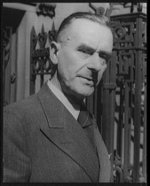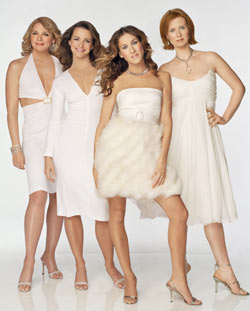 I’m always interested in hearing what verbal pet peeves people have. (I’m alliterative today, I see! Please pardon my prankish prose.)
I’m always interested in hearing what verbal pet peeves people have. (I’m alliterative today, I see! Please pardon my prankish prose.)
Some people don’t approve of a sentence like “Hopefully it will rain today” — they think that “hopefully” should stop being naughty and start behaving like a regular adverb. I think it’s fine and dandy, and this construction is extremely useful.
Some people don’t like splitting infinitives. I think such reservations are ridiculous, and were introduced into English at a very late date anyway, so don’t even have the weight of tradition behind them.
But just when I start to think I’m a language “liberal”, believing (as I do, for the most part) that language change is normal and healthy, and there is no “right” way to talk (or write), I come face to face with my, er, tastes. Tastes? Perhaps I should be honest and call them prejudices. There are just some words, spellings, phrases, and grammatical errors that drive me bonkers. So I will share some of my pet peeves here, and please share yours too! And if you want, do go ahead and tell me my pet peeves are ridiculous.
WORDS, SPELLINGS, AND PHRASES I UTTERLY LOATHE:
alot
alright
bobbed wire (or bobwire)
congradulations
could care less (for couldn’t care less, unless used sarcastically)
decimate (for exterminate — decimate means killing ten percent)
infer (when imply is meant)
lay (used for lie)
literally (when used as merely an intensifier; e.g. “Paris Hilton is literally American royalty”)
more unique, most unique
WORDS, USAGES, AND PHRASES THAT I KNOW ARE ACCEPTABLE NOW, BUT WHICH I HATE ANYWAY, AND AM WILLING TO JOIN THE ARMY OF RESISTANCE AGAINST:
comprise (in the modern American sense)
livid (meaning either red or angry)
Well, that’s all I can think of at the moment. What are your pet peeves? Do any of my pet peeves strike you as small-minded? Please share!
Cara
Cara King, www.caraking.com
MY LADY GAMESTER — out now from Signet!!!!






